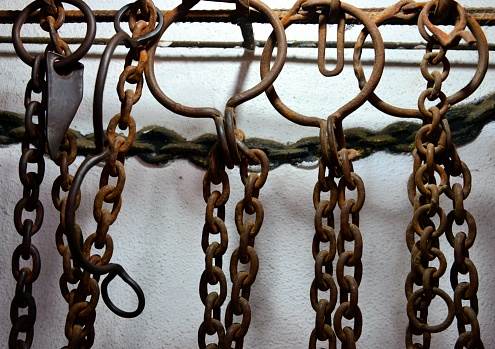Badagry: A Historical Crossroads of Trade and Culture

Badagry, a coastal town in Lagos State, Nigeria, lies strategically between Lagos and the border with Benin. Founded in the late 1720s by Popo refugees, it became a key port in the transatlantic slave trade, exporting enslaved Africans to the Americas, particularly Brazil. The town thrived as a trading hub, exporting palm oil and importing European goods.
Despite its early prominence, Badagry’s influence declined in the mid-19th century due to attacks, the abolition of the slave trade, and unfavorable agricultural conditions. However, it revived in the late 19th century with the establishment of coconut plantations and the introduction of kenaf cultivation in the mid-20th century.
Today, Badagry is a residential suburb of Lagos, known for its fishing, agriculture, and local trade. The town retains its historical significance with a small museum dedicated to its role in the slave trade and a monarchy that oversees its cultural heritage. Badagry continues to be a vital part of Nigeria’s historical narrative, blending its rich past with modern developments.
In recent years, Badagry has also emerged as a destination for heritage tourism. Visitors are drawn to its historical sites, such as the “First Storey Building in Nigeria” and the Badagry Heritage Museum, which offer insights into the town’s colonial past and the transatlantic slave trade. The town’s proximity to the Seme border has further bolstered its status as a gateway for cross-border trade and cultural exchange between Nigeria and Benin.

Get more
Email: info@ibileholdings.com
Location: 2nd Floor, Kajola House, 62/64 Campbell Street, Lagos Island, Lagos State.


